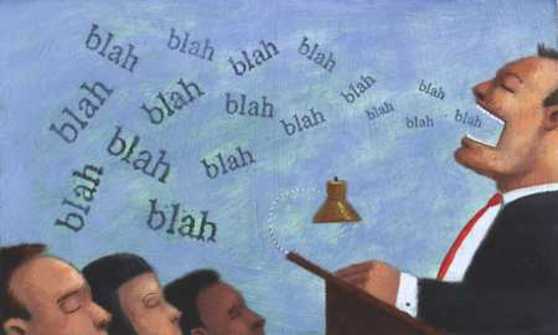Chinese speeches: Like a wet blanket, on a long-suffering yak
February 17, 2022
China may be a growing global superpower. But not on the strength of its public rhetoric.
A lot of people around the world are worried about competition from China. And I suppose a lot of us ought to be.
Not speechwriters, boy.
Have you seen the 舳 that comes off the pens of Xi Jinping’s scribes?
Last month the Chinese president made a speech at an event sexily branded, the “Virtual Summit to Commemorate the 30th Anniversary of Diplomatic Relations Between China and Central Asian Countries.”
Xi’s opening line, “The Chinese people often say, ‘One should be able to establish himself at the age of 30.’ The exchanges and cooperation between China and Central Asian countries, now in their 30th year, have been established on the basis of sincerity, mutual trust, equality and mutual benefit.”
Clank.
Then, in the least-inspiring example of anaphora I have ever seen, the next five paragraphs of the speech each begin, “Over the past 30 years …”
It goes like this:
“Over the past 30 years, we have followed the trend of the times, honored commitment and promoted amity … Over the past 30 years, we have joined hands in a common pursuit of development. … Over the past 30 years, we have shared weal and woe and pursued common security. … Over the past 30 years, we have enhanced mutual understanding and affinity through mutual exchanges. … Over the past 30 years, we have stood by each other and staunchly upheld justice. …”
Rumble-rumble, clatter-clatter, boom-boom-boom. This speech doesn’t need an editor, it needs a mechanic.
The speech contains such classic Chinese oral rhetoric as: “Time rolls on just like the flow of water.” And: “Second, we need to build a cooperation belt for high-quality development.”
The words “mutual” and “cooperation” make up approximately 70 percent of the words Chinese leaders publicly utter. “Exchanges” makes up the rest.
Chinese speeches contain no humor, no stories, no humanity. They are like a General Motors speech, in about 1959. (Or a Chuck Grassley speech, today.)
Instead, Chinese speeches are chockablock with paragraphs like this:
Fourth, we need to build a family with diverse interactions. Exchanges make civilizations colorful, and mutual learning makes them prosper. We need to foster a multi-faceted framework of people-to-people exchanges, speed up the establishment of culture centers in each other’s country, actively conduct dialogue on cultural heritage, and continue to promote exchanges between women, think tanks, media and in other fields. We need to step up tourism cooperation.
This speech does contain some specifics, but the listener’s mind is so benumbed by the time they come along that any actual information beads and runs off the brain, like water of a Peking Duck’s back.
And speaking of bland bromides, Chinese speeches often conclude with one (although not usually butchered quite this badly):
As an ancient Chinese saying goes, “Even the shortest journey can’t be finished without taking the first step. Even the most trivial task can’t be completed without taking actions.” To promote the well-being of the people of our six countries, let us renew our friendship, advance cooperation, and work together to create a brighter future for the relations between China and Central Asian countries and build a community with a shared future for mankind.
This speech is not a particularly bad example of Chinese leadership rhetoric. I have read hundreds and reluctantly published dozens of speeches from Xi and other Chinese leaders in Vital Speeches International.
I have also written about Chinese speeches before, and said they are getting better. And indeed they are. But like a long journey on which you have only taken the first step—there’s a hell of a long way to go!
An idiom-addicted Chinese government tour guide in Lijiang once taught me an expression that comes to mind when I read Chinese speeches:
They are like a wet blanket on a long-suffering yak.



